Breaking Generational Cycles of Poverty, Illiteracy & Dysfunction with Dr. Armando X. Orduña - Educator, EP #130
I am bringing you another incredible story of Latino success in the States because of education. If you’ve been listening to recent episodes, you know that I am passionate about sharing the value of investing in an education as a path to success. My guest today has a powerful story of what happened when he did this.
Dr. Armando X. Orduña is the Executive Director of Leadership Programs and Partnerships for Greater Houston for Latinos for Education. Armando’s background is anchored in the intersectionality of educational access for immigrant-origin youth & families and the role innovative learning practices plays in language acquisition. He creates opportunities for marginalized communities to take leadership in EC-12 educational spaces.
Orduña has over 23 years of experience in education, with a particular expertise in the intersectionality of STEAM access for immigrant youth and families, and the role practical STEAM learning plays in foreign language acquisition. Before joining Latinos for Education, Orduña served as the Director of Outreach Programs for Children’s Museum Houston where he led a department of educators in the expansion of multilingual family and Out-of-School Learning programs throughout Greater Houston. Orduña also served as a secondary school Science teacher in urban,Title I public schools.
You will want to hear this episode if you are interested in...
Why Armando’s family came to Texas (2:29)
How to shift the definition of success in the Latino community (7:14)
Why establishing his individuality within his family changed as Armando grew (14:29)
How mentors helped Armando take the first steps toward college and success (21:31)
How to break the cycles of abuse and sexism within the Latin home and community (33:27)
Why leading by example can change the dynamic of the family (40:31)
The importance of encouragement in learning (49:36)
Where hard work hits its limit
Armando grew up in a hard working family of a dad and brothers who worked in construction after emigrating to Texas. During his early childhood, he saw the success that came from a strong economy and a hard day’s work. But then a recession hit their home city of Houston and the demand for their profession dried up. His family’s businesses failed and he saw the devastation on his dad and brothers. This influenced Armando to invest in his education, which meant he became the first family member to graduate high school, college, and then get a doctorate. He learned a longer view of what it meant to be there for his family. Instead of dropping out of high school to work in the trades early on, Armando saw a different path to investing in long term success and stability for his family.
Breaking barriers in the family
Armando had to break traditional barriers within his family as he invested in his education because there was no precedent before him. His mother had gone back to high school to finish her diploma, but it was different when he left to go to college. He knew she had aspirations for her children to do better than she had professionally, but she didn’t know the pathway for them to take. Armando introduced her to the parents and families of other students in his situation so that she could relate to the process of investing in her child’s long-term education. When he would come home on break and introduce his family to different foods, exercise, and lifestyle habits he had learned at college, he learned the importance of sharing the values of balance and health as well as making a good salary.
The myth of successful dropouts
Armando and I both agree that you don’t have to go to college after high school to be successful financially and professionally, but you do have to invest in post-secondary education. Whether it’s a trade, a college education, or another skilled mentorship path, there’s no way around the importance of educating yourself beyond high school. You simply won’t be prepared for a successful career without it. When people point out the rare founders of super successful companies that dropped out of school, they are overlooking the social capital those founders had access to. Usually their families were connected to powerful people who could fast track their access to opportunities, jobs, and mentorship. If Armando hadn’t invested in a college education, he could have invested in learning a trade, but that was about all his social capital would have offered him.
Connect with Armando
Connect With Peter O. Estévez
Follow on Facebook
Follow Peter O. Estévez Show on Instagram
Follow Peter on Instagram
Subscribe to the Peter O. Estévez Show on
Apple Podcasts, Spotify, Google Podcasts

